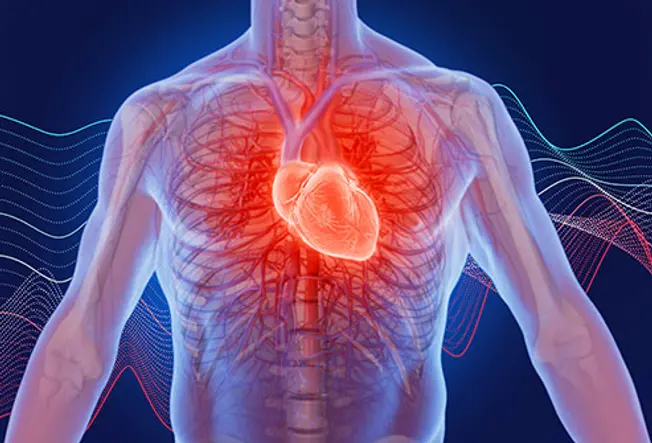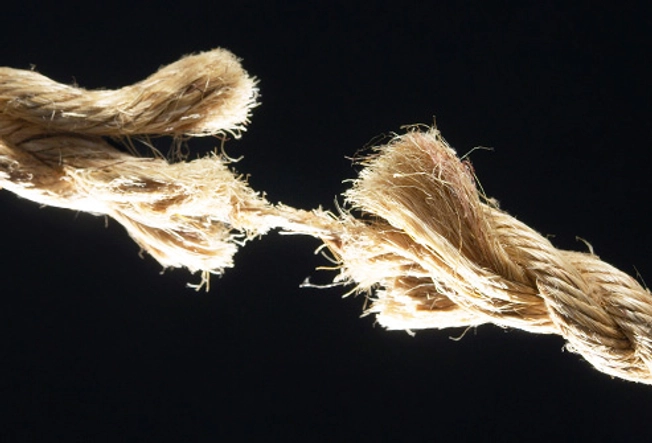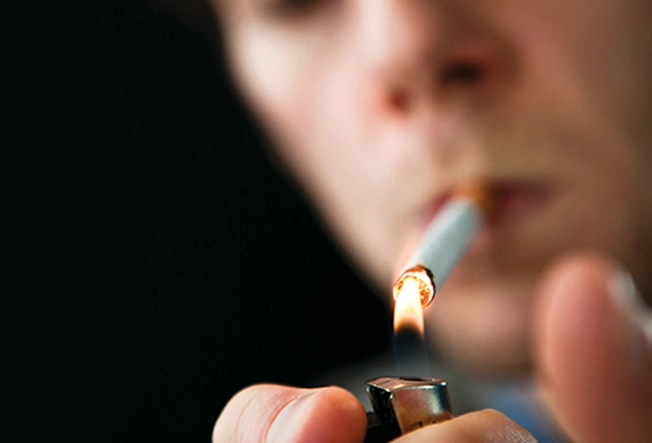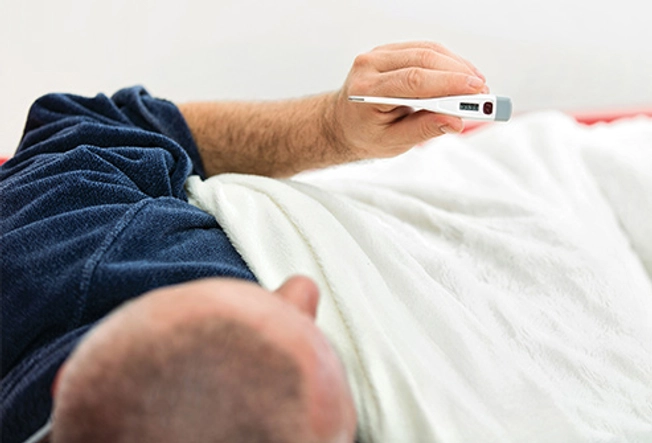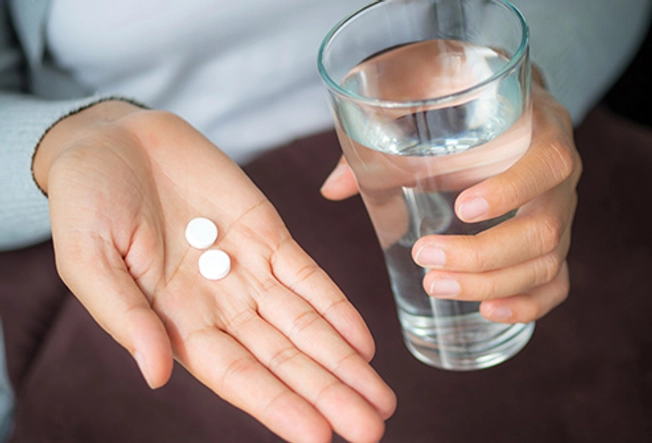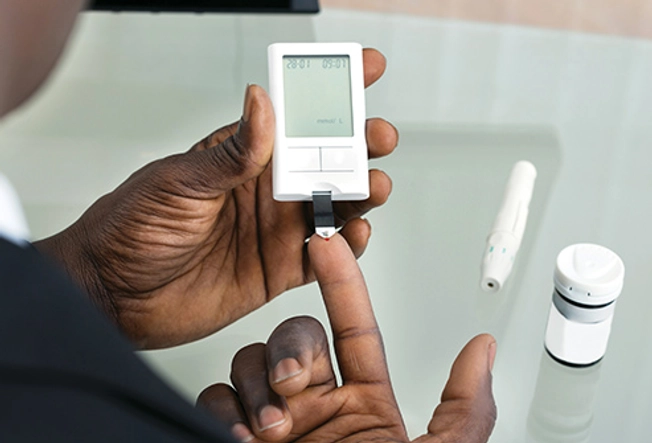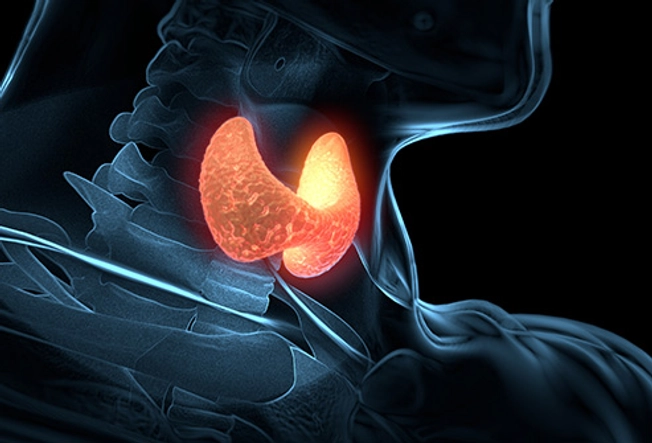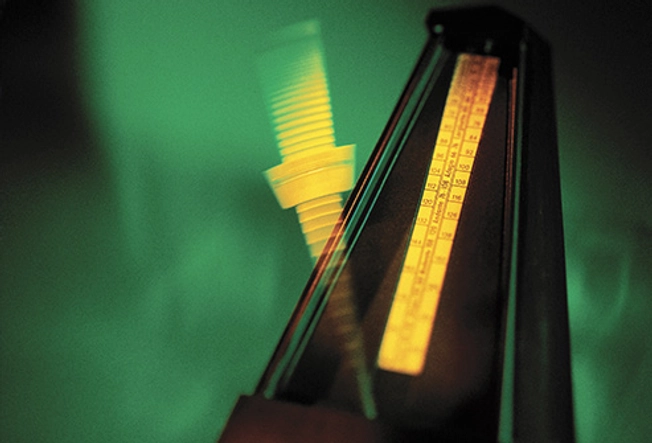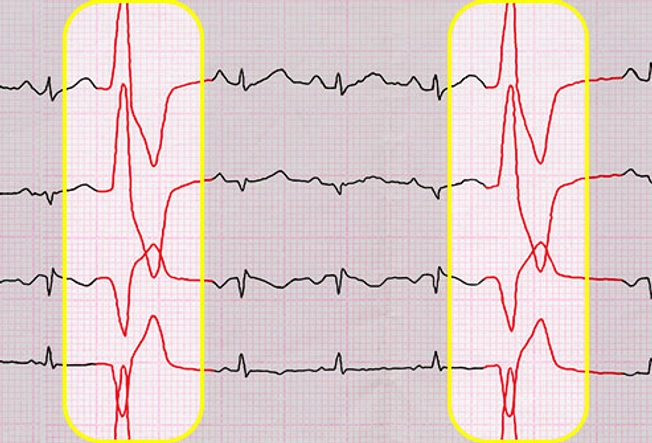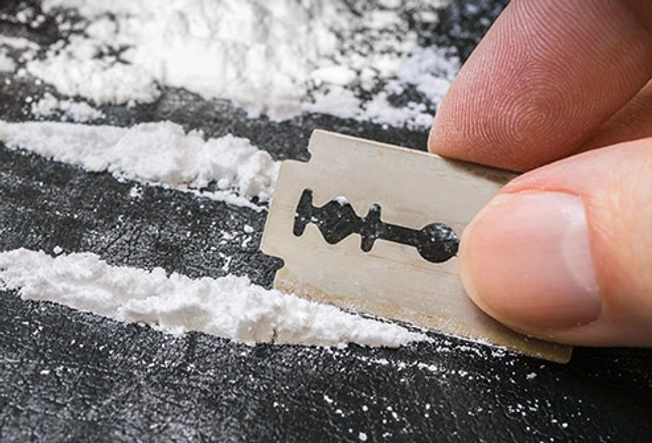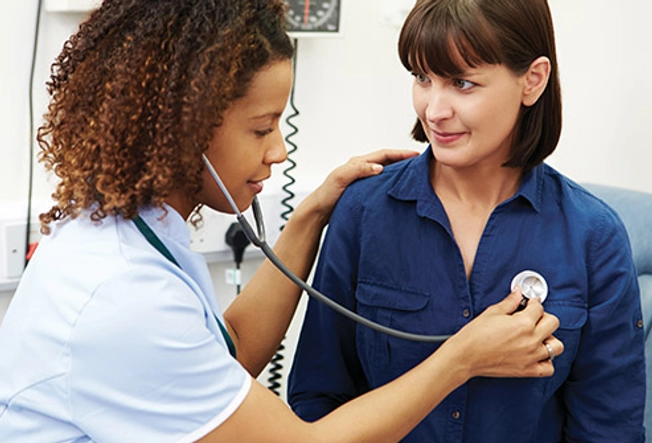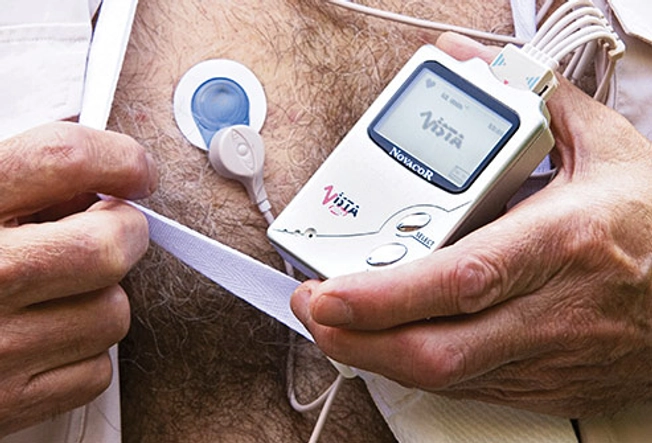
Healthy Heart|June 28, 2018
BY GAGANDEEP KAUR
Is something setting your heart aflutter? Has your heart been skipping a beat one too many times? Well, this might be about a little bit more than a passing crush. While in most scenarios these are happy symptoms of an enraptured heart, sometimes they can be a hint of a troubled one too. These symptoms could also be actual heart palpitations — slight abnormalities in the beating of your heart — in your chest, throat or neck. In plain speak, it’s just your heart demanding some me-time.
Before you become more alarmed, let’s see what causes heart palpitations. These symptoms aren’t always a cause for concern. Usually, fluttering, skipping and pounding are signs of palpitations that can easily be addressed.
What Causes Heart Palpitations
Palpitations occur for many reasons. For example, it’s common to experience a fast or abnormal heartbeat during a critical presentation or a review of your annual performance. Intense emotions, including stress, mental turmoil, anxiety and panic, can all trigger them too.
Adding to this, strenuous physical activity also means your heart has to work harder, and while you may think you need that extra coffee to get going in the morning, excessive intake of stimulants, including caffeine and nicotine, can induce similar symptoms. What’s more, a woman may experience them during hormonal changes associated with menstruation, pregnancy and menopause.
How to Address This
Although heart palpitations are quite normal, they can still be alarming. To avoid needless panic, follow some preventative measures to help keep your heart beating steadily:
- Relax!Excitement of any kind, including stress or anxiety, increases your adrenaline, which makes your heart beat more quickly. Relaxing is easier said than done, but nevertheless, turn to techniques, such as yoga, meditation and Tai Chi, to prevent stress and put your heart at ease. Listening to music or doing something creative, such as journaling or painting, can also positively affect stress levels as can breathing exercises. Sleep is an important factor for overall health too, so ensure a full eight hours each night to relax your body and help limit anxiety.
- Reduce Your Stimulant IntakeStimulants, such as nicotine and caffeinated beverages, tea and coffee can make your heart flutter. Control your consumption to keep your heartbeats steady.
- Monitor Your Blood PressureHigh temperatures coupled with bad eating habits can cause rapid heartbeats. This is especially true in tropical countries. Make sure you eat healthy foods and drink plenty of water at regular intervals. This helps ward off low blood pressure, which also causes palpitations.
- Use the Valsalva Manoeuvre
The vagus nerve is one of the nerves responsible for controlling your heart rate. This important nerve passes through your neck and thorax to your abdomen and has an extensive distribution throughout your body. Stimulation of the vagus nerve with the Valsalva manoeuvre can help control heart palpitations. The Valsalva manoeuvre is a procedure in which you hold your nose, close your mouth and try to breathe out, forcibly. This action stimulates the vagus nerve to help stop palpitations and restore your healthy heartbeat. Though it is recommended that this manoeuvre not be performed without sufficient training or professional supervision. Ask for your physician for guidance.
When to See a Doctor
There are a few situations, however, where the palpitations might be more than just a minor skipping of the beat. When these are accompanied by symptoms, such as the fullness in your chest or throat, shortness of breath, nausea, vomiting, sweating or fainting, they may be more serious. Consult your doctor in such cases and even more so if you have an existing medical problem e.g. thyroid, diabetes etc.
In the absence of these symptoms, allow yourself the excitement and say ‘yes’ to everything else that makes your heart skip a beat!
